The conference was held live from Dien Hong Hall, National Assembly House and combined online to 37 thousand points nationwide with more than 1.5 million delegates attending.
Comrade To Lam, General Secretary attended and delivered a speech at the conference. Also attending were comrades: Luong Cuong, President; Pham Minh Chinh, Prime Minister; Tran Thanh Man , Chairman of the National Assembly; other Party and State leaders and former Party and State leaders.
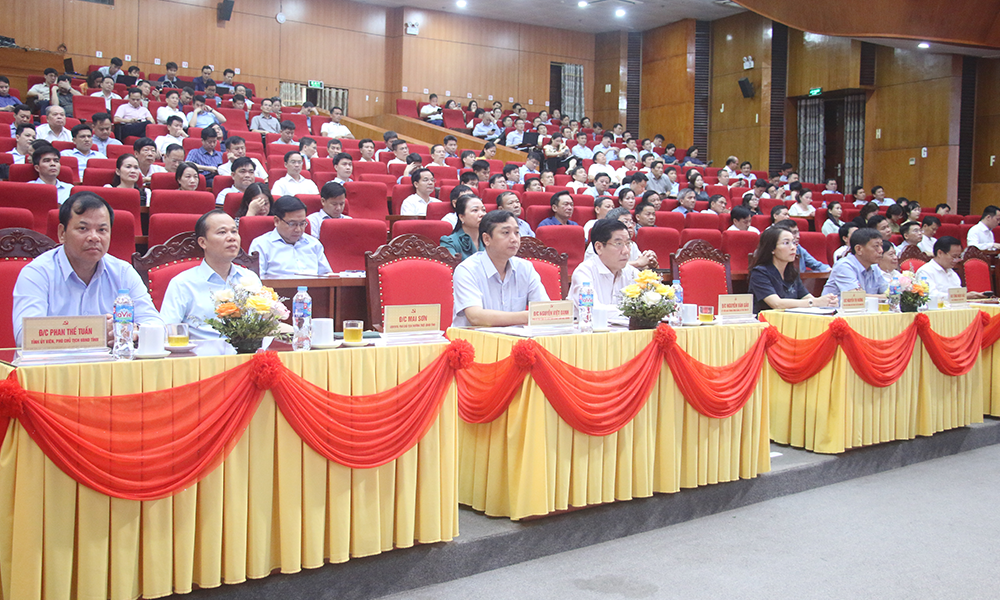 |
Delegates attending at the Bac Giang province bridge. |
Attending at the central bridge point of Bac Giang province were comrades: Nguyen Van Gau, member of the Party Central Committee, Secretary of the Provincial Party Committee; Nguyen Thi Huong, Standing Deputy Secretary of the Provincial Party Committee, Chairwoman of the Provincial People's Council; Nguyen Viet Oanh, Deputy Secretary of the Provincial Party Committee, Chairwoman of the Provincial People's Committee; comrades of the Standing Committee of the Provincial Party Committee, Provincial Party Committee members; leaders of agencies, departments, branches, sectors; Member of the Provincial Party Committee's Inspection Committee; provincial-level reporters...
At the Bac Giang city bridge, there were comrades attending: Dao Xuan Can, former member of the Party Central Committee, former Secretary of the Provincial Party Committee; Nguyen Van Linh, former Deputy Secretary of the Provincial Party Committee, former Chairman of the Provincial People's Committee.
There are 207 online meeting points in the province, with 23,353 cadres and party members participating.
Thoroughly grasp the core content and new points
At the conference, delegates listened to Prime Minister Pham Minh Chinh deliver a presentation on the topic "Key and core contents of Resolution No. 68 of the Politburo on private economic development and the action plan to implement the Resolution".
Comrade Pham Minh Chinh said: The highlight of Resolution No. 68 is first of all the change in perspective and awareness of the role and position of the private economic sector. If in the past, we identified the private economic sector as a part of the economy, then an important part of the economy, now Resolution No. 68 has taken an important step forward in affirming that the private economic sector is the most important driving force of the national economy.
In Resolution No. 68, the Politburo affirmed that enterprises have the right to freedom of business and enjoy equality in a competitive environment. Private enterprises are partners to join the State in building and developing the country.
The Resolution sets out many key tasks and solutions for implementation, which are: Innovation in thinking, high consensus in perception and action, creating new impetus and new momentum for private economic development.
Promote reform, improve and enhance the quality of institutions and policies, effectively ensure and protect ownership rights, property rights, freedom of business, and the right to fair competition of the private economy, and ensure contract enforcement of the private economy.
Facilitate the private economy to access resources of land, capital, and high-quality human resources. Promote science and technology, innovation, digital transformation, green transformation, effective and sustainable business in the private economy.
Strengthening connections between private enterprises, private enterprises with state-owned enterprises and foreign-invested enterprises. Forming and rapidly developing large and medium-sized enterprises, private economic groups of regional and global stature...
Next, National Assembly Chairman Tran Thanh Man informed the topic "Key and core contents in Resolution No. 66 of the Politburo on innovation in law-making and enforcement to meet the requirements of national development in the new era and the action plan to implement the Resolution".
Comrade Tran Thanh Man said: One of the highlights of Resolution No. 66 is to identify the work of building and enforcing laws as the “breakthrough of breakthroughs” in perfecting the country’s development institutions. This demonstrates the determination of the Party and State in creating a stable, transparent, and favorable legal environment for economic activities.
Accordingly, the Resolution has stipulated many breakthrough mechanisms, including strengthening the Party's leadership over law enforcement. Strengthening power control; preventing and combating corruption, waste, negativity, group interests, and local interests; preventing and stopping all manifestations of profiteering and policy steering.
The resolution also emphasizes the role of the business community in participating in policy formulation and criticism. This not only helps bring laws closer to reality but also ensures feasibility and effectiveness in implementation.
The Resolution sets out 7 groups of tasks and solutions such as: Ensuring the comprehensive and direct leadership of the Party in law-making work, promoting Party spirit in law-making and enforcement.
Innovate thinking and orientate law-making in a direction that both ensures State management requirements and encourages creativity, liberates all productive forces, and unlocks all development resources.
Create breakthroughs in law enforcement, ensure that laws are implemented fairly, strictly, consistently, promptly, effectively and efficiently; closely link law making and enforcement.
Improve the effectiveness of international cooperation and international law. Strengthen digital transformation, apply artificial intelligence, big data in law making and enforcement. Prioritize resources for building and developing information technology infrastructure, big data, applying digital technology, artificial intelligence...
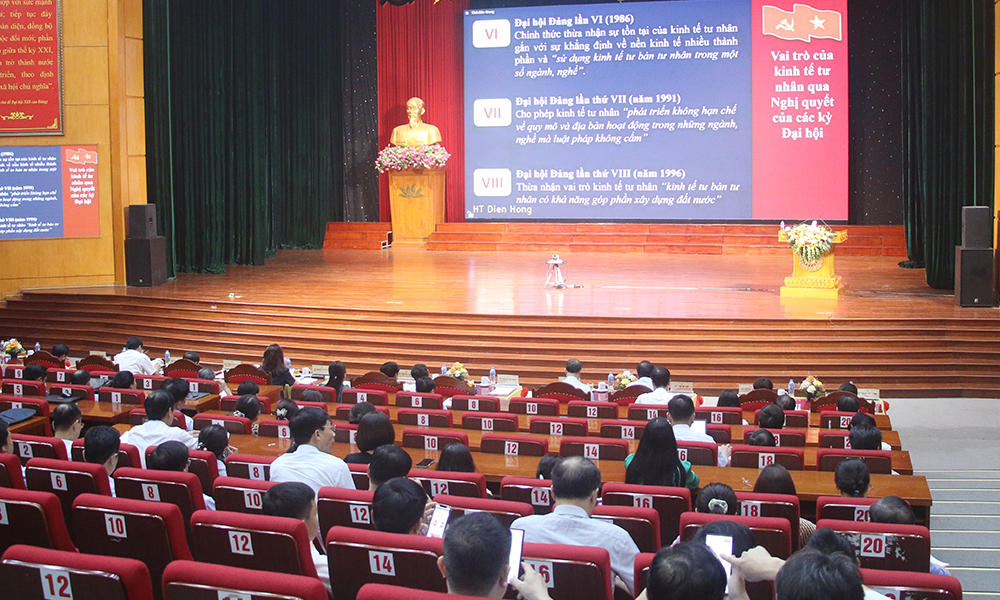 |
Delegates watch the conference online. |
Focus on implementing 8 key tasks
Concluding the conference, Comrade To Lam emphasized: The common breakthrough of all four resolutions of the Politburo (Resolution No. 57 on breakthrough in science, technology, innovation and national digital transformation, Resolution No. 59 on international integration in the new situation, Resolution No. 68, Resolution 66) is the new development mindset: From "management" to "service", from "protection" to "creative competition", from "passive integration" to "active integration", from "distributed reform" to "comprehensive, synchronous and profound breakthrough". This is a fundamental shift in thinking, inheriting the achievements of innovation over the past 40 years and in line with global trends in the digital age.
Regarding the key tasks in the next 5 years (2025-2030), Comrade To Lam suggested perfecting a modern and synchronous legal system to promote development. Making breakthroughs in science, technology, innovation and digital transformation; actively accelerating comprehensive, proactive and effective international integration. Developing a substantial private economic sector to become "the most important driving force" of the national economy.
The General Secretary requested the entire political system to urgently carry out 8 key and urgent tasks in 2025, which are:
Quickly complete and issue national action programs and plans to implement the four resolutions, ensuring close cohesion, clearly defining goals, tasks, roadmaps and specific assignments. At the same time, establish a set of indicators for periodic monitoring and evaluation.
Urgently review the entire legal system, implement amendments, supplements, replacements or abolishes inappropriate regulations in accordance with the spirit of Resolution No. 66.
Immediately launch key programs on science and technology, innovation and digital transformation; approve and implement national programs; form new innovation centers; build a legal framework for the sandbox model (an important technology to enhance security).
Focus on negotiating and effectively implementing new-generation trade agreements: Proactively prepare to participate in new agreements such as the Digital Economic Partnership Agreement (DEPA) and the Indo-Pacific Economic Framework (IPEF); take advantage of integration commitments to transform into real growth.
Make breakthroughs in improving the business investment environment: Cut at least 30% of administrative procedures, digitize public services, support capital, technology, and digital transformation for small and medium enterprises; develop a project to develop large private corporations.
Strengthening the leadership, direction and coordination apparatus to implement resolutions: Establishing specialized steering committees at the central and provincial levels; ensuring a unified direction mechanism, regular inspection and supervision.
Prioritize training and fostering human resources to implement the resolution: Provide in-depth training in modern law, science and technology, international integration and corporate governance; foster a team of young cadres with innovative thinking, digital capacity and global adaptability.
Strengthen communication and create social consensus: Develop national communication programs on each resolution; enhance policy dialogue between the Government, businesses, people and intellectuals, and mobilize social intelligence for the implementation process.
The General Secretary requested that the entire Party, people and army must clearly define their roles and responsibilities; be proactive, creative, united in patriotic emulation, determined to successfully carry out the tasks of socio-economic development, national defense, security and improving people's lives, making people's lives better and better.
Leaders at all levels, from the central to local levels, must be exemplary and pioneers in innovation in thinking and action; dare to think, dare to do, dare to make breakthroughs, dare to take responsibility for the national interest, and even dare to sacrifice personal interests for the common interest. Action programs must be implemented resolutely and systematically, taking actual effectiveness as a measure of capacity and work results.
People and businesses must be identified as the center and creative subjects in development. It is necessary to strongly foster the spirit of national entrepreneurship, arouse innovation resources in the whole society, develop the digital economy, knowledge economy, green economy, circular economy, and bring Vietnam to move forward quickly and strongly on the path of modernization and integration.
Source: https://baobacgiang.vn/bac-giang-hon-23-nghin-can-bo-dang-vien-du-hoi-nghi-truc-tuyen-quan-triet-2-nghi-quyet-postid418305.bbg






![[Photo] Ready for the top competitions of Vietnamese table tennis](https://vphoto.vietnam.vn/thumb/1200x675/vietnam/resource/IMAGE/2025/5/18/9c547c497c5a4ade8f98c8e7d44f5a41)
![[Photo] Many young people patiently lined up under the hot sun to receive a special supplement from Nhan Dan Newspaper.](https://vphoto.vietnam.vn/thumb/1200x675/vietnam/resource/IMAGE/2025/5/18/6f19d322f9364f0ebb6fbfe9377842d3)
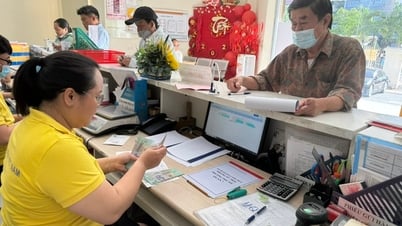

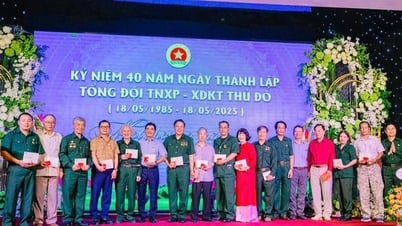

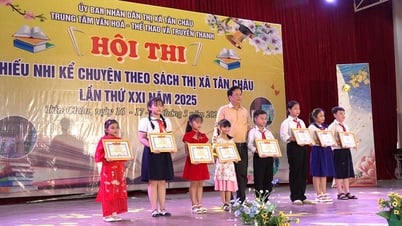

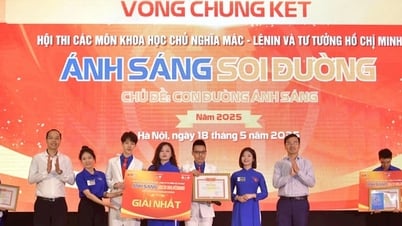
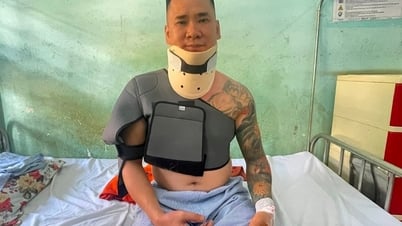

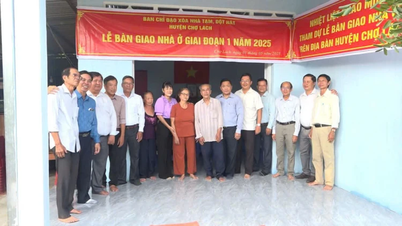





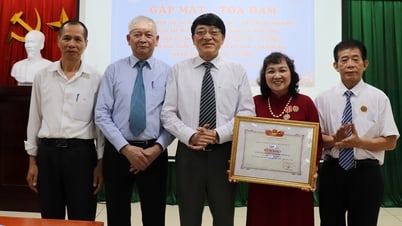

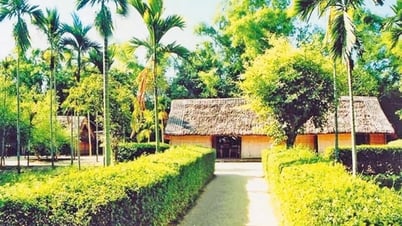

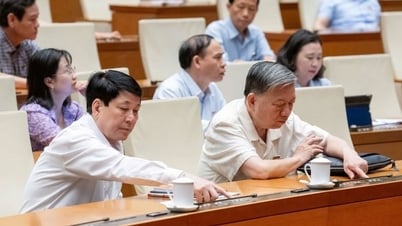
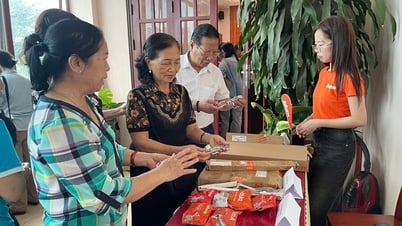
![[Photo] General Secretary To Lam visits exhibition of achievements in private economic development](https://vphoto.vietnam.vn/thumb/1200x675/vietnam/resource/IMAGE/2025/5/18/1809dc545f214a86911fe2d2d0fde2e8)

















































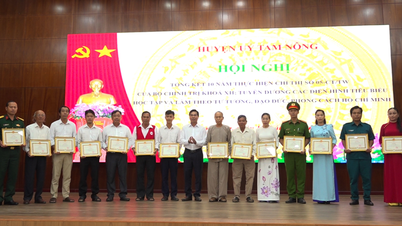
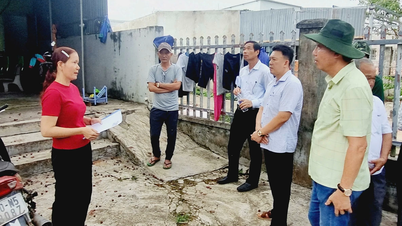










Comment (0)